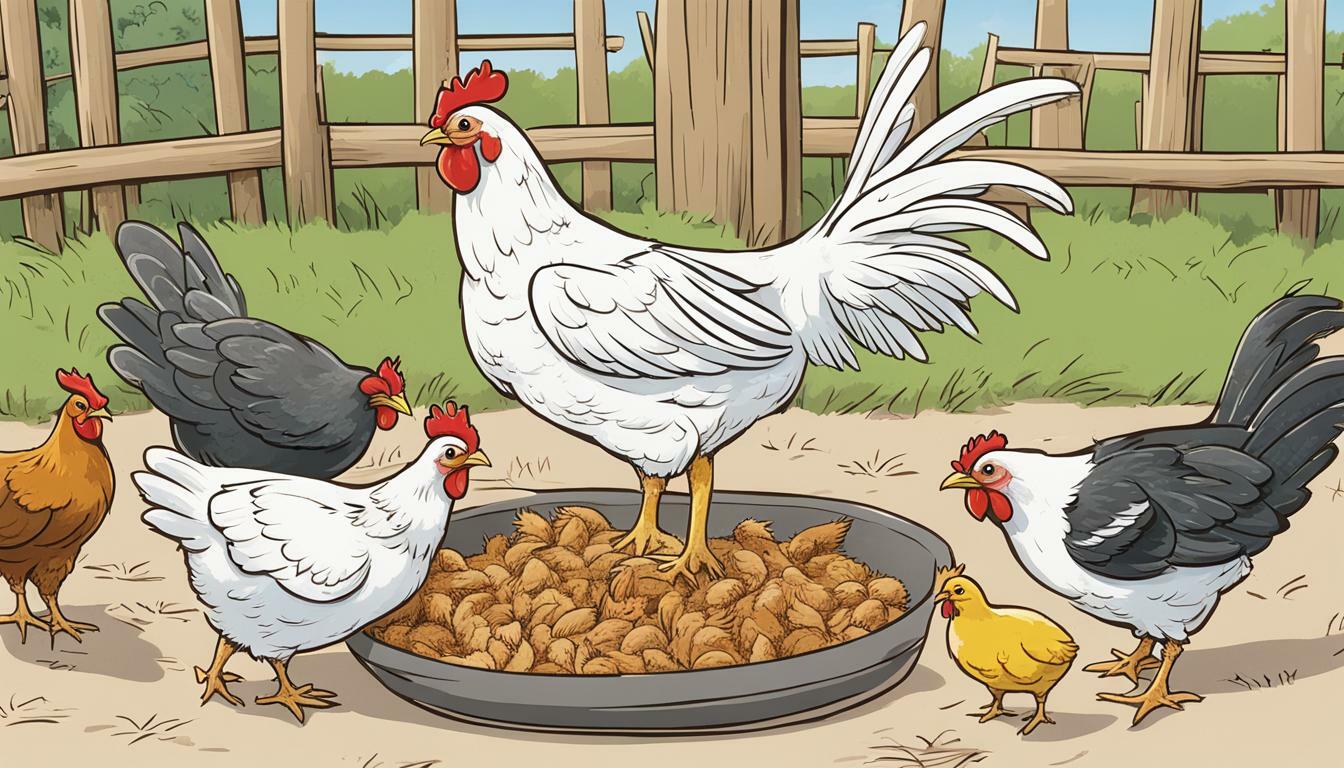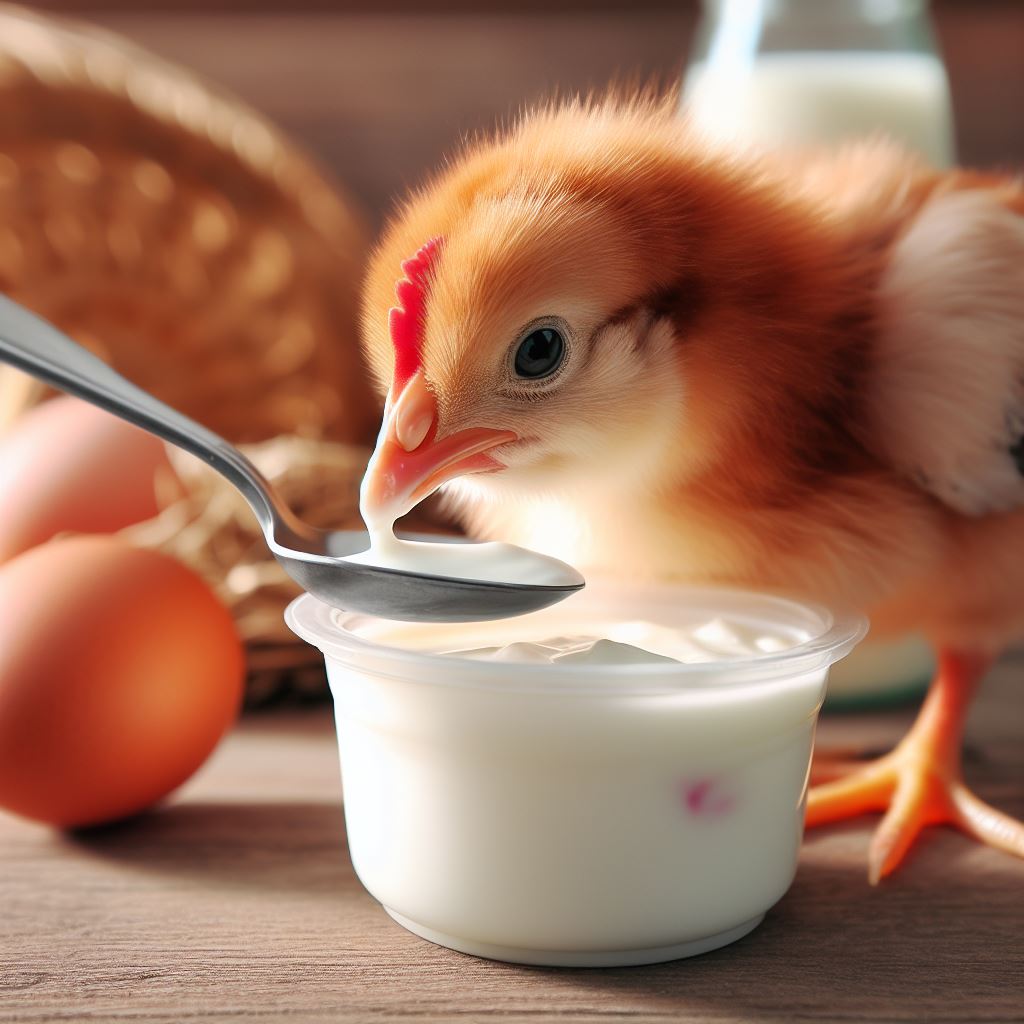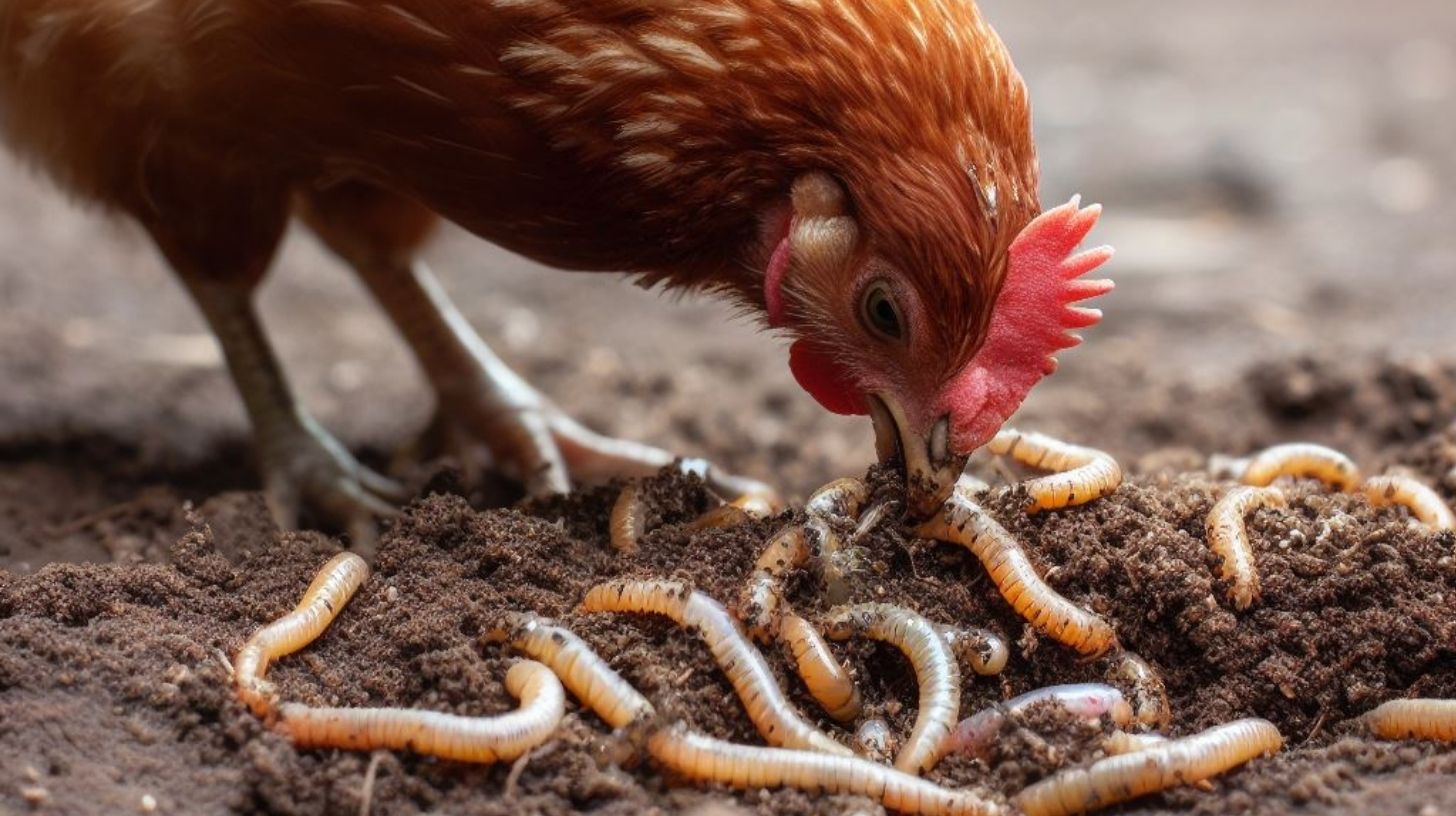Why Do Chickens Wipe Their Beaks? Exploring Poultry Behavior

Table of content:
Chickens are fascinating creatures that exhibit many interesting behaviors. One common chicken behavior that often puzzles chicken owners is beak wiping. Have you ever noticed your chickens wiping or rubbing their beaks on objects or surfaces? If so, you may have wondered why they engage in this peculiar behavior. Read on to learn the reasons behind this quirky chicken habit!
Chicken Behavior
Beak wiping is completely natural behavior for chickens. In the wild and backyard flocks, chickens use beak wiping to maintain cleanliness and hygiene. It is an innate maintenance behavior, similar to cats licking their fur or dogs scratching. Beak wiping helps chickens remove dirt, parasites, and other undesirable substances from their beaks. It is a simple form of grooming.
Removing Debris and Parasites
Chickens wipe their beaks to keep them free of debris, parasites, and bacteria. Throughout the day, a chicken’s beak accumulates saliva, bits of food, dirt, and microorganisms. Wiping the beak removes these contaminants and prevents a buildup. Beak wiping grooming allows chickens to avoid having a messy, crusty beak covered in gross stuff!
Some specific substances chickens may wipe off include:
- Dirt from scratching in soil
- Saliva or food from eating
- Mucus
- Feathers and dander
- Parasites like mites or lice
- Bacteria and fungi
Keeping their beaks clean means chickens stay healthy and hygienic.
Social Dominance Display
For chickens, beak wiping also establishes pecking order and shows social dominance. After drinking water, eating, or investigating something, a lead hen will conspicuously wipe her beak. This shows other chickens in the flock that she is finished and has had her fill first.
Observing a lead hen wipe her beak is a signal to lower-ranking chickens that it is now their turn to drink or eat. By wiping her beak, the dominant hen reinforces her status. She emphasizes that she has first access to resources.
Preventing Illness
In addition to hygiene and social purposes, beak wiping has health benefits for chickens. Keeping the beak free of germs and irritants prevents bacterial or fungal infections. A clean beak is a healthy beak.
Chickens also wish to prevent illness and disease among the flock as a whole. A lead hen wiping her beak signals to the other chickens that she is healthy. This reassures the flock and prevents panic or stress.
Typical Beak Wiping Behaviors
Chickens exhibit certain common beak wiping motions and actions:
- Head shaking – Violently shaking the head from side to side to dislodge substances.
- Scraping – Forcefully scraping the edges of the beak along a surface to remove debris. Common scraping surfaces include the ground, walls, perches, and feeders.
- Wiping – Brief wiping or dabbing motions, often on grass or dirt.
- Beak grinding – Rubbing the beak against a coarse surface to file down overgrown edges.
- Head tossing – Quick upward tilting of the head to propel substances off the beak.
- Foot wiping – Using the foot to wipe the beak. The chicken lifts its foot behind the beak and pulls downwards.
Why Do Chickens Wipe on Human Owners?
Chicken owners are often puzzled when their chickens insistently wipe their beaks on them! Why do chickens do this?
Chickens view their human owners as part of their social flock. To a chicken, their owner is simply another higher-ranking member of the pecking order. Chickens will wipe their beaks on human “flockmates” for the same reasons they wipe on other chickens:
- To display social dominance
- To show they are finished eating or drinking
- To signal the human’s turn to access food and water
- To reassuringly indicate they are healthy
Though the behavior is perfectly normal for chickens, it can be an annoyance for owners. Fortunately, it is possible to discourage chickens from wiping on humans.
How to Stop Chickens From Wiping on You
If you wish to stop your chickens from wiping their beaks on you, here are some training tips:
- Distract with treats – Keep a handful of treats in your pocket. When the chicken approaches to wipe, present a treat so it pecks the food instead of you.
- Block access – Hold up your hand and say “no” to block beak wiping access to your body.
- Remove attention – Turn and walk away from any chicken that wipes on you, removing your attention.
- Train an alternate behavior – Teach the chicken to wipe its beak on a specific surface through positive reinforcement. Reward with treats.
- Avoid overcrowding – Reduce beak wiping and conflicts by ensuring adequate space per bird.
- Separate bold chickens – Isolate overly assertive chickens that frequently wipe on humans.
With time and consistency, you can teach chickens to stop wiping their beaks on people. Their natural behavior takes persistence to reshape.
Signs of Sickness
While normal beak wiping is healthy for chickens, excessive wiping can indicate illness or a health problem.
Be alert for these signs of abnormal beak wiping:
- Sudden increase in frequency or intensity
- Wiping with vigorous head shaking
- Appearing agitated or distressed while wiping
- Wiping with an unusual motion or area of the beak
- Wiping right after eating or drinking
- Evidence of respiratory illness like discharge or sneezing
- Wiping followed by isolation from the flock
Abnormal beak wiping habits in a chicken warrant closer inspection for underlying issues. Be vigilant for symptoms of:
- Respiratory diseases
- Infections
- Parasites
- Nutritional deficiencies
- Foreign objects lodged in the beak or mouth
Trouble breathing through the nostrils can also cause a chicken to wipe the beak excessively. Consult an avian veterinarian if sickness is suspected.
Providing Proper Chicken Beak Care
To discourage excessive beak wiping, give your chickens a sanitary environment. Ensure their coop and run are always clean. Remove droppings, stale feed, feathers, and moisture promptly.
Provide extra perches, posts, or strips of sandpaper for chickens to grind and sharpen their beaks. These abrasive surfaces satisfy natural urges to wipe. Perches should be wood or concrete rather than metal, which can damage the beak.
Feed a balanced diet to support immune health. Malnutrition negatively impacts beak condition and normal wiping urges.
Monitor chickens closely each day for any symptoms of injury or illness. Seek veterinary care at the first sign of trouble.
Why Do Chickens Wipe Their Beaks? Recap
Chickens wipe their beaks for the following key reasons:
- Removing dirt, parasites, and debris
- Displaying social dominance
- Preventing disease transmission
- Sharpening or filing the beak edge
- Indicating good health to the flock
- Signals to other chickens that it is their turn to eat/drink
- Sickness, injury, or respiratory irritation
Beak wiping is perfectly normal chicken behavior. With proper care,
chickens can satisfy their innate wiping urges while staying healthy and clean!
Final Thoughts
A chicken wiping its beak on objects, surfaces, or even you is completely natural grooming behavior. While sometimes perplexing, beak wiping contributes to chicken hygiene, communication, and health. With adequate environmental provisions, chickens can meet their needs to wipe without conflict or overdoing it. Pay attention to any signs of sickness associated with excessive beak wiping. Through daily observation and care, you can ensure your flock stays happy, healthy, and light on the beak wiping!
Welcome. I’m Adreena Shanum, the proud owner of this website, and I am incredibly passionate about animals, especially poultry. I founded adreenapets.com as a labor of love, stemming from my desire to share my knowledge and experiences with poultry enthusiasts worldwide.





